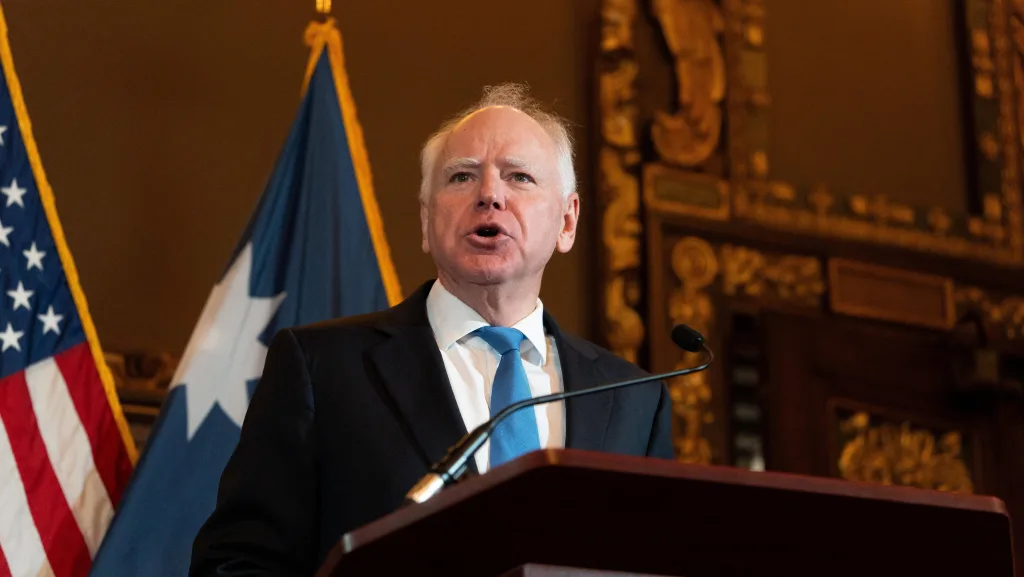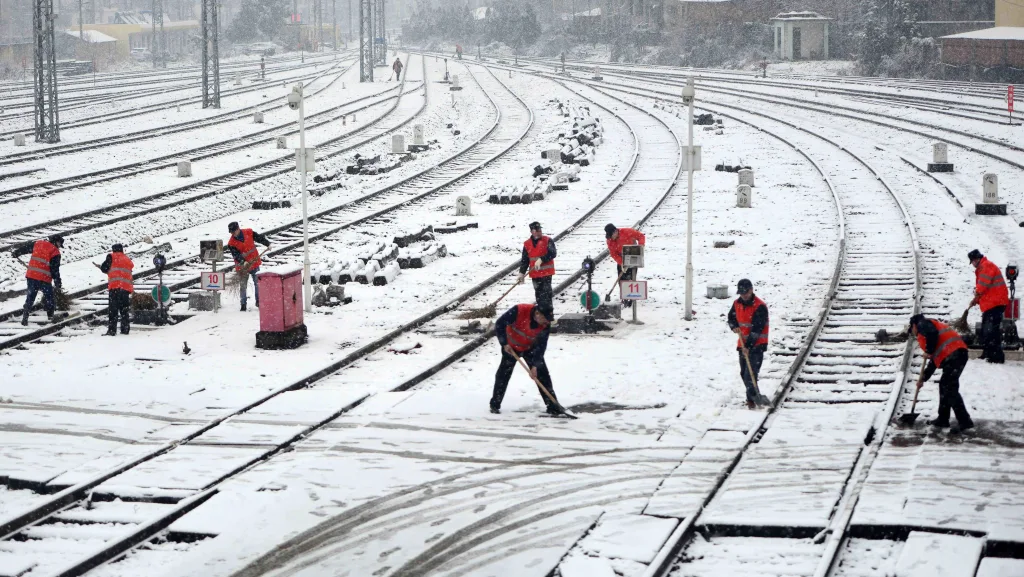4th-of-july-rectangle
**The History of the July 4th Holiday: Celebrating American Independence**
The Fourth of July, also known as Independence Day, is of the most significant holidays in the United States, marked by fireworks, parades, barbecues, and a deep sense of national pride. This day commemorates the adoption of the Declaration of Independence on July4, 177, when the thirteen colonies declared their independence from British rule. The history of this holiday is rich with the spirit of revolution, the quest for freedom, and the birth of a new nation.
**The Road to Independence**
The journey to July 4, 1776, was fraught with tension and conflict. The American colonies had been under British rule since the early 1600s, and over time, the relationship between the colonies and the British Crown became increasingly strained. The imposition of taxes without representation, such as the Stamp Act of 1765 and the Townshend Acts of 1767, fueled resentment among colonists. The situation escalated with events like the Boston Massacre in 1770 and the Boston Tea Party in 1773, where colonists protested against British policies.
In response to growing unrest, the First Continental Congress convened in 1774, bringing together representatives from twelve of the thirteen colonies to discuss their grievances and seek a unified response. Despite efforts to reconcile with Britain, the situation deteriorated, leading to the outbreak of the American Revolutionary War in April 1775.
**Drafting the Declaration of Independence**
As the war progressed, the desire for complete independence from Britain grew stronger. In June 1776, the Continental Congress appointed a Committee of Five to draft a formal declaration of independence. The committee included Thomas Jefferson, John Adams, Benjamin Franklin, Roger Sherman, and Robert R. Livingston. Thomas Jefferson, known for his eloquent writing, was chosen to pen the initial draft.
Jefferson’s draft eloquently articulated the colonies’ reasons for seeking independence, emphasizing the inherent rights of individuals and the injustices perpetrated by King George III. After several revisions and debates, the Continental Congress officially adopted the Declaration of Independence on July 4, 1776.
**Early Celebrations and Traditions**
The first celebrations of American independence were spontaneous and varied. On July 8, 1776, the Declaration of Independence was publicly read in Philadelphia, accompanied by the ringing of bells and band music. In subsequent years, July 4th was marked by festivities such as bonfires, parades, and public readings of the Declaration.
One of the earliest recorded celebrations took place in 1777 in Bristol, Rhode Island, where thirteen gunshots were fired in salute, one for each colony. In Philadelphia, the day was celebrated with fireworks, a tradition that continues to this day.
**The Evolution of Independence Day**
Independence Day became more widely celebrated after the War of 1812, when the United States once again faced conflict with Britain. The holiday took on a new significance as a symbol of national unity and pride. By the mid-19th century, July 4th had become the most important secular holiday in the United States.
In 1870, Congress passed a law making Independence Day a federal holiday, and in 1938, it was declared a paid holiday for federal employees. Over time, the ways in which Americans celebrate the Fourth of July have evolved, but the core elements—fireworks, parades, and patriotic displays—remain central to the festivities.
**Modern Celebrations**
Today, Independence Day is celebrated with a wide array of activities. Fireworks displays light up the night sky in cities and towns across the country, from the National Mall in Washington, D.C., to small community parks. Parades featuring marching bands, floats, and veterans’ groups are a common sight, and many Americans gather for barbecues, picnics, and family reunions.
The Fourth of July is also a time for reflection on the values of freedom and democracy that underpin the American identity. It serves as a reminder of the sacrifices made by those who fought for independence and the ongoing efforts to uphold the principles enshrined in the Declaration of Independence.
**Conclusion**
The history of the July 4th holiday is a testament to the enduring spirit of the American people. From its revolutionary origins to its modern-day celebrations, Independence Day is a powerful symbol of the nation’s commitment to liberty and justice. As Americans come together to celebrate this historic day, they honor the legacy of those who fought for independence and reaffirm their dedication to the ideals that continue to shape the United States.














